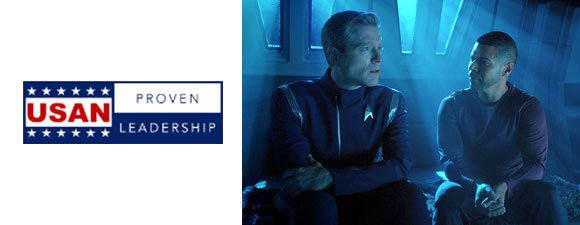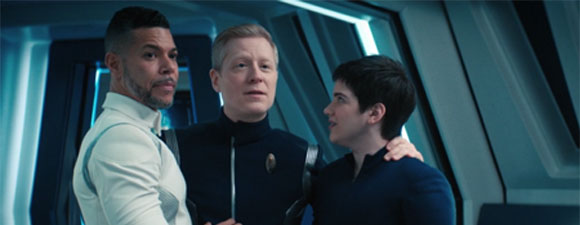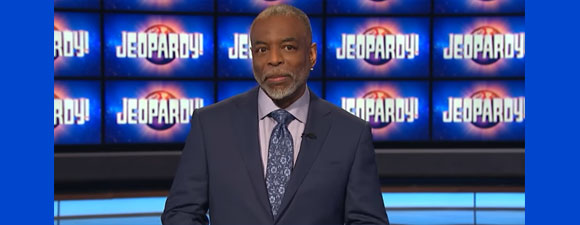Gerrold: Fuzzies, Clouds and Mudd
3 min readWhen most Trek fans hear David Gerrold‘s name, they think The Trouble With Tribbles, but he also wrote the story for Cloud Minders and rewrote I, Mudd, with one of these episodes proving to be a disappointment for him.
At first, Gerrold called the fertile Klingon-hating furballs “Fuzzies” before changing the name to “Tribbles.” “I made the name change, and in retrospect Tribbles is a much better name because Fuzzies is too cute,” he explained. “I don’t think Fuzzies would have developed the same kind of cultural recognition. You wouldn’t have had people referring to Fuzzies the same way they refer to Tribbles. And I think because Tribbles was a neutral word – ‘Here’s this nice little creature and it’s called a ‘Tribble’ – we added a word to the English language. I made a list of silly-sounding words you could call such a creature and cross off all the ones that were too silly. I wanted people to take them seriously.”
 Had Gerrold had his way, he would have penned a sequel to the popular episode. “I wanted to do a sequel where, in order to control the Tribbles we bring in a predator from their homeworld,” he said. “And the next thing that happens is that crewmen start disappearing because we have swarms of predators on the ship. But we never got around to doing that.”
Had Gerrold had his way, he would have penned a sequel to the popular episode. “I wanted to do a sequel where, in order to control the Tribbles we bring in a predator from their homeworld,” he said. “And the next thing that happens is that crewmen start disappearing because we have swarms of predators on the ship. But we never got around to doing that.”
Gerrold wrote The Cloud Minders, but was not happy with how the story ended, preferring a more realistic ending. “I came in with what I thought was a near-perfect Star Trek story, which is we find a culture that isn’t working for everybody and fix it,” he said. “But my original ending was that, as they’re flying off, Kirk says, ‘Well, we solved another one.’ Spock says, ‘Well, actually, it’ll take years and years and years for all of these changes to be put in place.’ And McCoy says, ‘I wonder how many children are going to die in the meantime.’ So the idea was, ‘Let’s get gritty. We’re not going to change things overnight, but we can put changes in place that will have long-term effects.’ There was also more to the story that was about the social issue, and there was no magical zenite gas that was causing the problem.”
But Gerrold had resistance from above when it came to the ending. “Freddy Freiberger and Margaret Armen came in and changed it to a ‘Let’s solve it all in the last five minutes with gas masks’ (ending). And I thought, ‘That’s really not a very good story. It doesn’t do what Gene Roddenberry or Gene L. Coon would have been willing to do.’ So I was disappointed.”
Gerrold also contributed to I, Mudd, but didn’t take a screen credit for it. “Gene L. Coon said to me, ‘Would you like us to put this in for a script arbitration, so you can get credit and get residuals?” I said, ‘No. Stephen Kandel created Harry Mudd. He wrote both of these episodes and I don’t want to steal from another member of the Writers Guild. I don’t want to jump his credit. I’m a beginner. I’m learning a lot, but I’m not so greedy as to steal another writer’s residual.’ Gene L. Coon again looked at me surprised. I wish more writers thought like that. In recent decades there’s been a lot less honor among writers, but that’s a whole other conversation. But I refused to take away screen credit from Stephen Kandel, whom I’ve never met. All these great writers were working for Star Trek and it was just a great honor for me to be included among that fraternity.”






